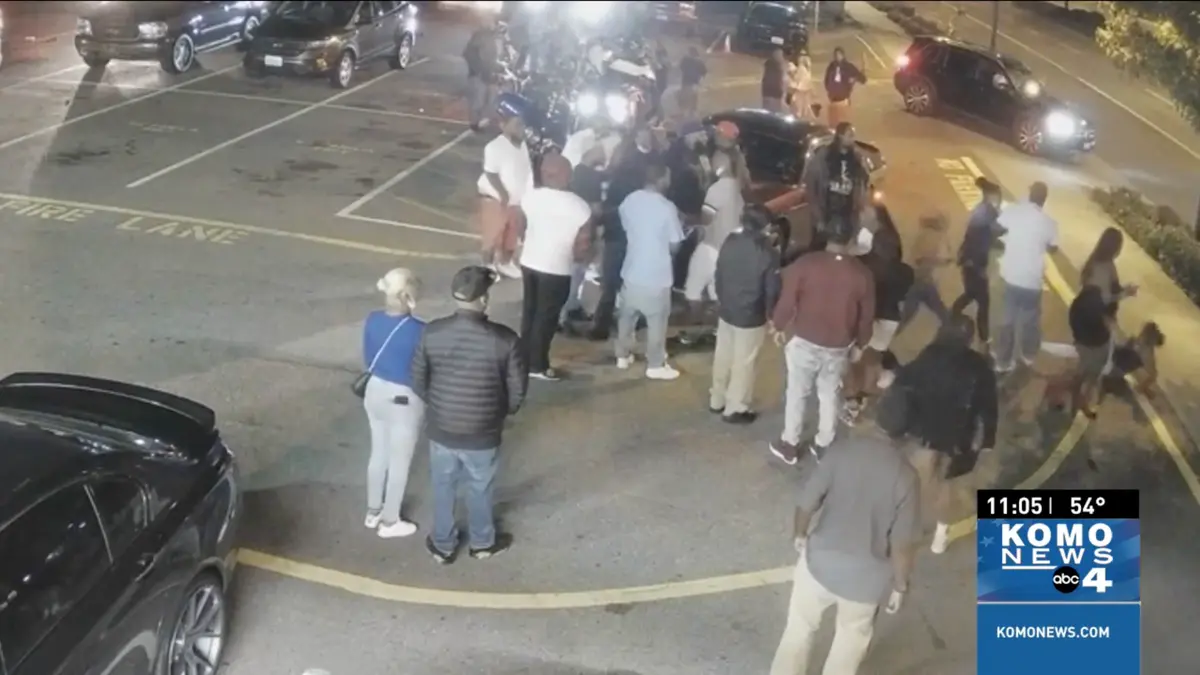Court Bans Use of 'AI-Enhanced' Video Evidence Because That's Not How AI Works
Court Bans Use of 'AI-Enhanced' Video Evidence Because That's Not How AI Works

gizmodo.com
Court Bans Use of 'AI-Enhanced' Video Evidence Because That's Not How AI Works

A judge in Washington state has blocked video evidence that’s been “AI-enhanced” from being submitted in a triple murder trial. And that’s a good thing, given the fact that too many people seem to think applying an AI filter can give them access to secret visual data.
